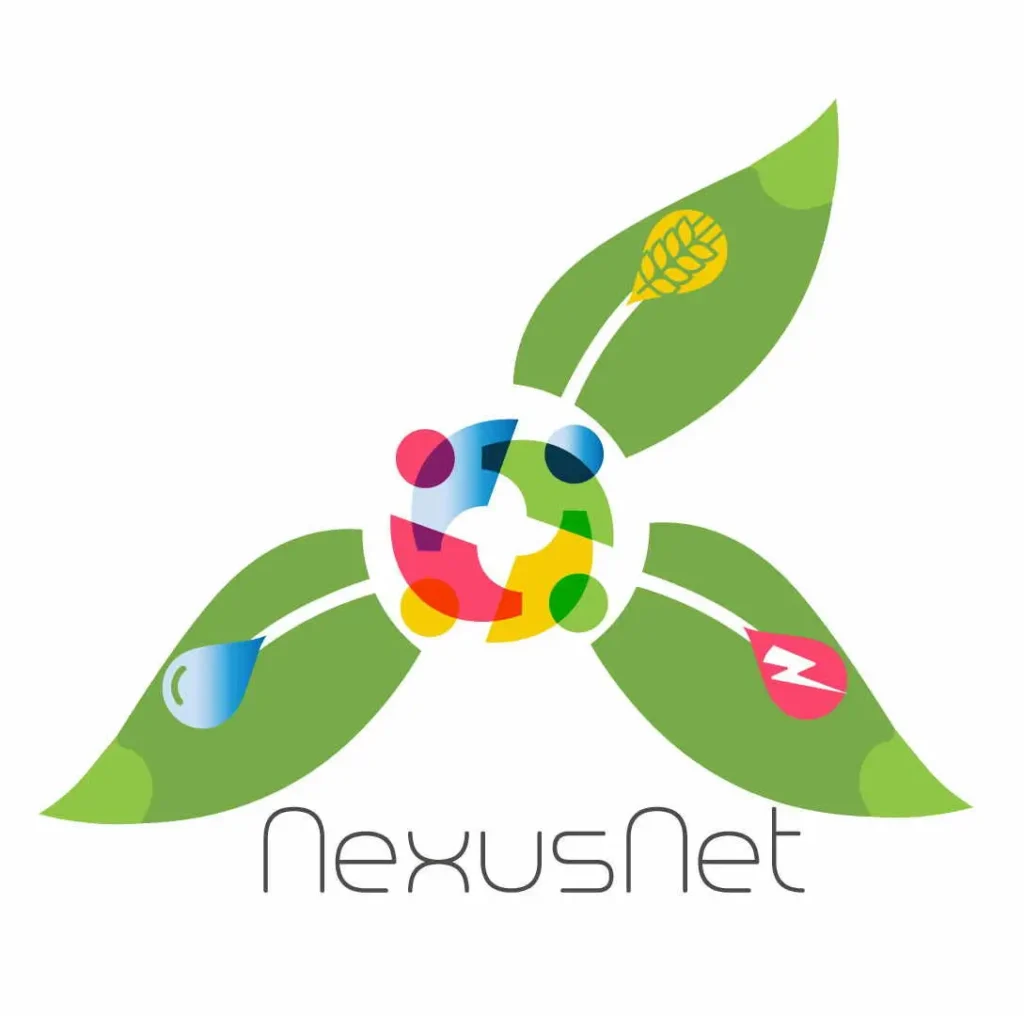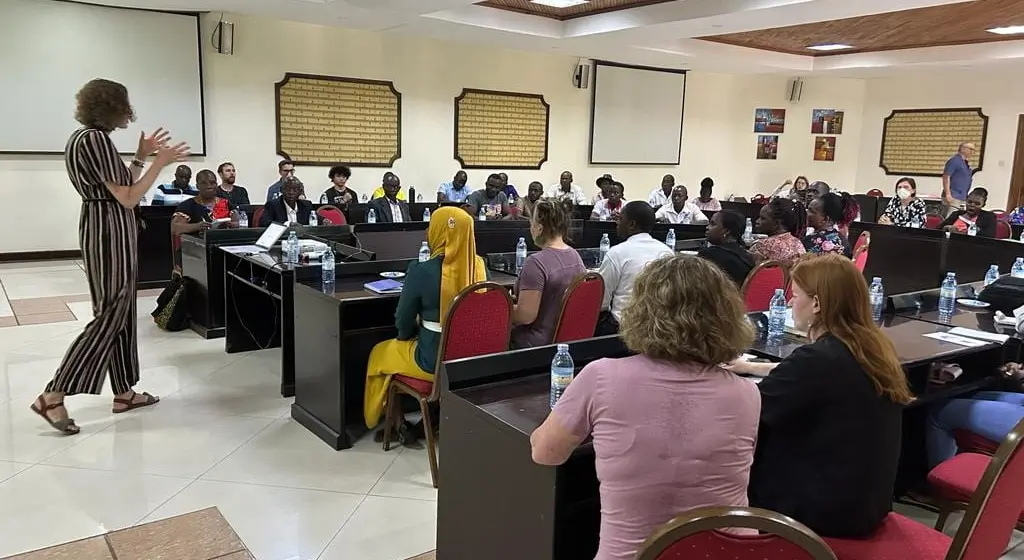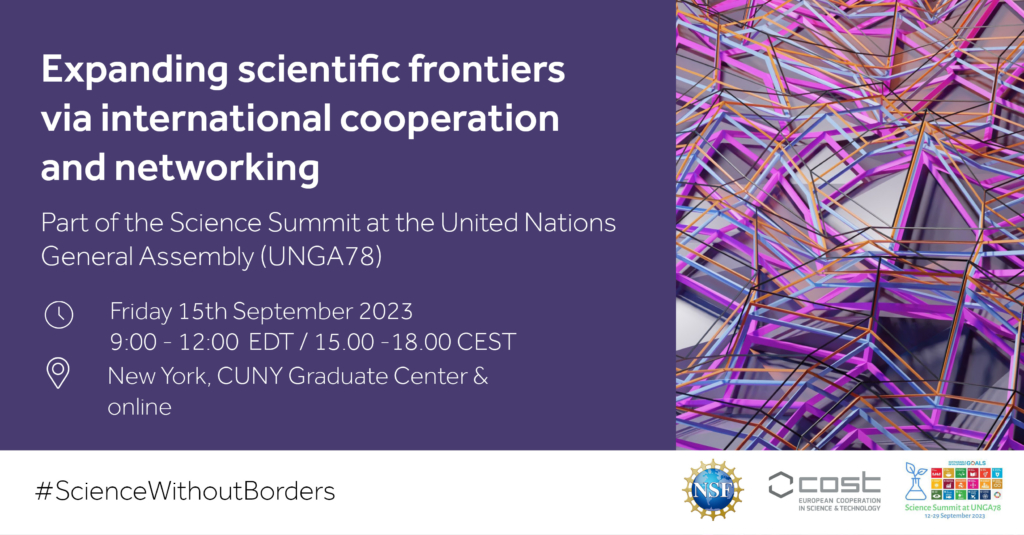What mechanisms exist in the US & Europe to support networking for the scientific community? How much networking and international collaboration is actually happening between researchers and innovators either side of the pond?
As we are sure you know by now, COST funds research and innovation networks. Its Actions help connect research initiatives across Europe and over the globe while enabling researchers and innovators to grow ideas in any science and technology field and share them with their peers. The open and inclusive characteristic of COST Actions establishes and maintains the international, long-term collaboration that is built a commitment to achieve breakthrough scientific results.
Across the pond, the U.S. National Science Foundation’s AccelNet Program is also active with a similar mission. AccelNet supports strategic linkages among U.S. research networks and complementary networks abroad that will leverage research and educational resources to tackle grand research challenges that require significant coordinated international efforts. It emphasises collaboration rather than competition in the pooling of expertise and resources that accelerate science and scientific exchanges that foster science diplomacy.
Network of networks
Beyond the existence of these two funding schemes, over the past few years the networks supported by COST and NSF have become intertwined and helped create a phenomenon of a network of networks.
Introducing ChETEC

COST Action ‘Chemical Elements as Tracers of the Evolution of the Cosmos’ (ChETEC), that ran from 2016 to 2021, is an excellent example of how COST initiatives can sow the seeds of truly global collaboration to tackle fundamental scientific questions.
Raphael Hirschi explains that ChETEC “enabled our community to develop an Infrastructure sharing platform, which is now supported by the ChETEC-INFRA Horizon 2020 research and innovation programme. This enables boosted collaboration between the EU and US from networking to the sharing of facilities. This is crucial for science to progress since no single country has access to all the necessary facilities and expertise.”
Not only did this network secure a successful spinoff but it also joined together with the ‘International Research Network for Nuclear Astrophysics’ (IReNA), a similar sister-network of astrophysics funded by NSF’s AccelNet.
“We Joined ChETEC when it was already up and running,” explains Professor Hendrik Schatz, Principal Investigator of IReNA. “The field is special involving a range of disciplines and expertise from nuclear physics to astrophysics and extremely advanced computation models. We model entire galaxies and looking to fold in data from accelerators and telescopes – and this involves intense exchange data across these areas. In tackling these hard problems, international cooperation is vital.”
“The IReNA network of networks has expanded in both scientific scope (e.g. towards simulations of galaxies) and geographical reach (with the addition of countries like Canada). This enhances cooperation opportunities and career prospects, especially for early career researchers, who can can collaborate with expert in the fields from around the world” adds Prof. Hirschi.
Introducing NexusNet

The running COST Action NexusNet focuses on understanding the need to manage resources in an integrated way. Researchers and decision-makers worldwide recognise the interconnected risks to water, energy and food security, which highlights the importance of the interactions between these systems through the Water-Energy-Food Nexus concept. With the increasing pressure of climate change, the world is facing problems of global scale that can only be dealt with effectively through international collaborations.
“The way we manage our Water, Energy and Food systems is key to achieving the Sustainable Development Goals and understanding their complex interaction, their trade-offs and synergies not only in Europe, but also across different scales” explains Prof. Chrysi Laspidou, Chair of NexusNet. “The research and policy-making community needs to connect and understand the complex nature of resource use across the globe, as resource security issues may lead to migration across continents, conflict, geopolitical rivalry etc. Our knowledge of the environmental aspects of nexus challenges remains fragmented and the issues of equitable access to resources are not well understood and knowledge needs to be created and shared at a global scale.”
To meet these challenges and tackle the fragmented landscape, NexusNet has linked with the AccelNet funded network ‘US-Africa Sustainable Food Systems through Water-Energy-Food Nexus Networking’ (SustainFood Network)
NexusNet and SustainFood kicked off their collaboration with mutual participation in meetings of both networks. U.S. colleagues were invited to the week-long summer school that took place in Lisbon with EU trainers and trainees and EU colleagues were invited to the summer school co-organised by U.S. and African colleagues in Uganda. In 2024, a common summer school is planned for both Actions in Morocco. They expect this collaboration to be intensified in the years to come.

When talking about the benefits of the collaboration so far Prof. Laspidou explains “It expands the knowledge realm of Nexus knowledge and sustainability science for our researchers and gives our network the unique opportunity to work closely with colleagues from all over the world. It will lead to the creation of new knowledge, common publications, collaborations and global initiatives that may be aligned with the UN and the SDGs. It cross-maps EU policies to the SDGs and vice versa and increases our understanding of the global issues. It creates an extensive Nexus Community of Practice that goes beyond borders.”
“The value is the knowledge transfer across continents. The nature of the issues faced in each region is different, even though there are common issues. With research cooperation, we overcome knowledge fragmentation, we brake across the silos and promote collaborations of actors and stakeholders across continents, realising the global nature of the problems at hand.”
Prof. Chrysi Laspidou, Chair of NexusNet
Join us at the Science Summit this September
As part of the Science Summit at the United Nations General Assembly (UNGA78) in New York, NSF and COST will co-organise a hybrid session on how international networking can help expand scientific frontiers.
The session, on Friday 15th September from 9.00-12.00 EDT or 15.00-18.00 CEST, will include an overview of the model used by each program, the scope of international collaboration, informal presentations by teams funded through both programs about their collaboration and building international networks of networks, and end with a “meet & greet” opportunity for participants to ask questions and network.
COST will be joined by keynote speaker for the session Prof Luciano Rezzolla (COST Action NewCompStar) and Prof. Raphael Hirschi (COST Action ChETEC) and Prof. Chrysi Laspidou (COST Action NEXUSNET) plus many more who will share their experiences and showcase what international networking can achieve.

